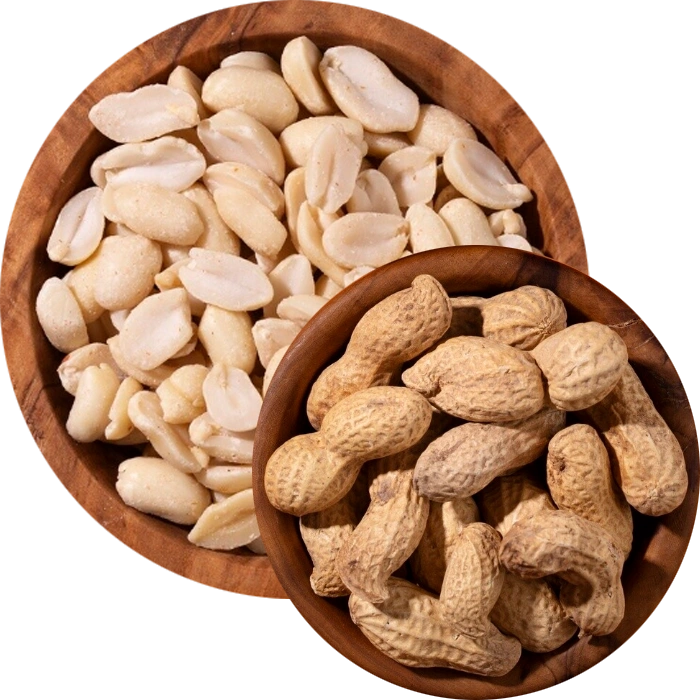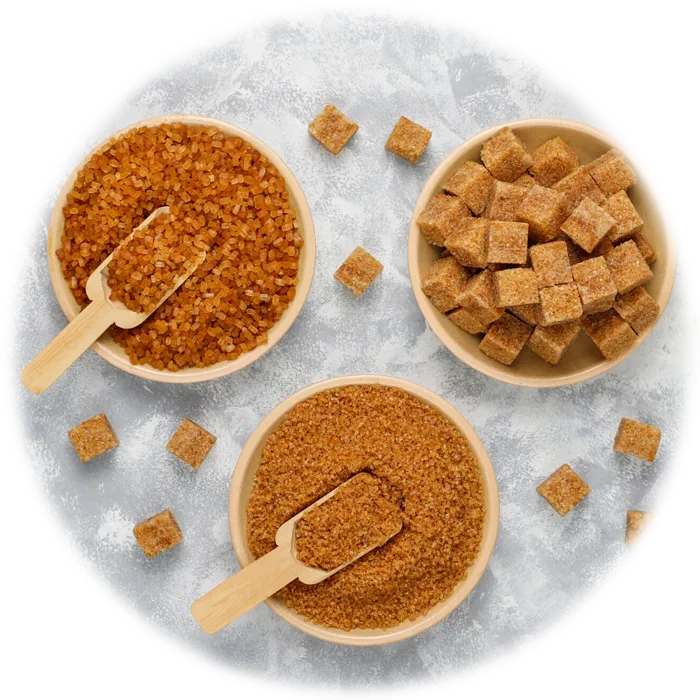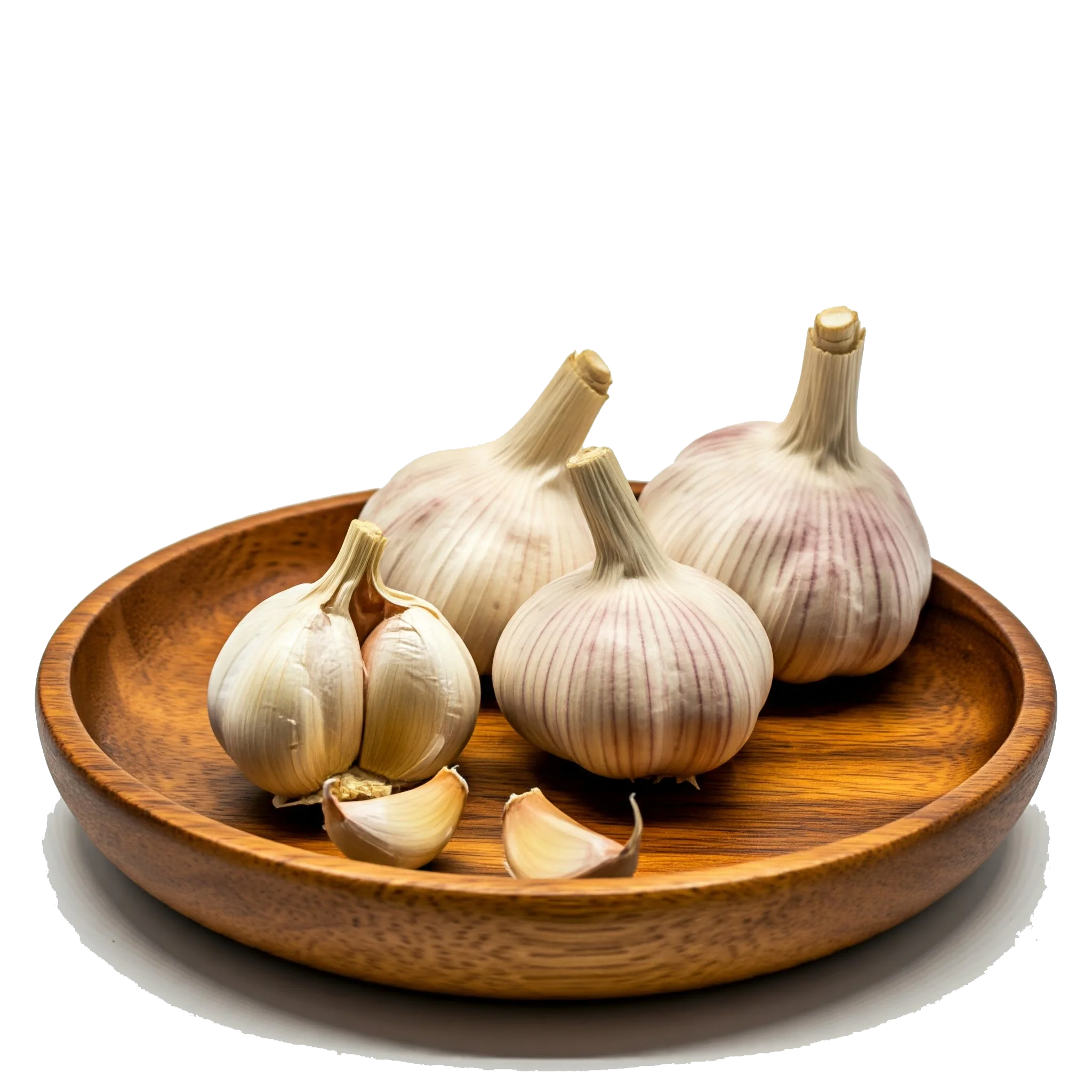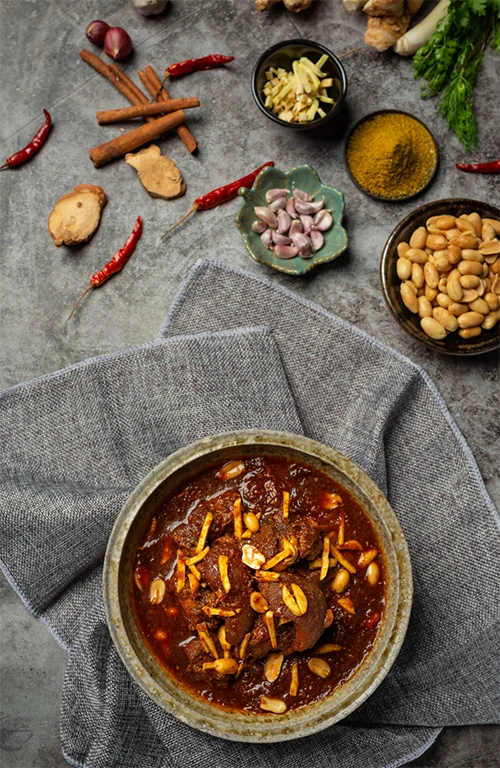

Top Health Benefits of Thai Massaman Curry You Need to Know
Massaman curry is a nutritionally rich dish that combines protein, healthy fats, and essential vitamins and minerals in one hearty meal. The primary protein source—typically beef or chicken—provides essential amino acids that support muscle maintenance and overall body function. The generous use of coconut milk contributes healthy saturated fats, particularly medium-chain triglycerides (MCTs), which may support energy levels and brain health. Peanuts add crunch and contribute plant-based protein, fiber, and healthy monounsaturated fats, which are beneficial for heart health. Spices like turmeric, cinnamon, ginger, and garlic are known for their anti-inflammatory and antioxidant properties, potentially supporting immune health and digestion. Additionally, the inclusion of potatoes offers a source of complex carbohydrates, providing sustained energy. While Massaman curry is rich and flavorful, its nutrient profile can be considered balanced when portioned appropriately, especially when paired with a fresh side salad or non-starchy vegetables.
 Beef Brisket : 500 g
Beef Brisket : 500 g Potato : 2 Piece
Potato : 2 Piece Onion : 1 Piece
Onion : 1 Piece coconut milk : 400 Mili Liter
coconut milk : 400 Mili Liter Peanut : 1/2 Cup
Peanut : 1/2 Cup Cinnamon : 1 Piece
Cinnamon : 1 Piece bay leaf : 2 Piece
bay leaf : 2 Piece Tamarind paste : 2 Tablespoon
Tamarind paste : 2 Tablespoon Brown Sugar : 1 Tablespoon
Brown Sugar : 1 Tablespoon fish sauce : as needed
fish sauce : as needed Frying Oil : as needed
Frying Oil : as needed Coriander seed powder : 2 Teaspoon
Coriander seed powder : 2 Teaspoon Cumin : 1 Teaspoon
Cumin : 1 Teaspoon powder /
Cinnamon : 1 Teaspoon
powder /
Cinnamon : 1 Teaspoon Ginger : 1 Teaspoon
Ginger : 1 Teaspoon Garlic : 3 clove
Garlic : 3 clove Chili Pepper : 2 Piece
Chili Pepper : 2 Piece green /
Cardamom : 2 Piece
green /
Cardamom : 2 Piece Clove : 2 Piece
Clove : 2 PieceRecipe :
For 4 people
Enjoy your aromatic and hearty Thai Massaman Curry!
When preparing Massaman curry, it's crucial to give attention to layering flavors and allowing enough cooking time for optimal depth and texture. Begin by gently toasting the dry spices—such as cumin, coriander, cinnamon, and cardamom—to unlock their full aroma and flavor potential. Sautéing garlic, onion, and ginger thoroughly before adding meat ensures a rich and aromatic base. Choose high-quality coconut milk for a creamy, smooth texture and avoid low-fat versions that can make the curry thin and less flavorful. Simmering the meat slowly over low heat helps it become tender while allowing the spices to infuse fully. Add potatoes midway through cooking to prevent overcooking, and only add peanuts near the end to preserve their crunch. Be mindful with seasoning—fish sauce, tamarind paste, and palm sugar bring balance, but overuse can overpower the curry. It’s also recommended to taste and adjust gradually. Lastly, always allow the curry to rest for a few minutes before serving; this allows the flavors to meld beautifully.

Massaman curry, in its traditional form, aligns well with several modern dietary approaches but may not suit all. It is naturally gluten-free, making it a good option for individuals with gluten intolerance or celiac disease. Thanks to its reliance on healthy fats from coconut milk and nuts, it also fits well within ketogenic and paleo diets, provided it’s made without added sugar or high-carb sides like rice. The dish is also high in protein, making it beneficial for those seeking to support muscle maintenance or satiety. However, due to its rich fat content and moderate calorie density, it may not be ideal for those on low-calorie or weight-loss-specific diets unless portion-controlled. Massaman curry is not inherently suitable for vegan or vegetarian diets, as it usually includes meat and fish sauce, though plant-based alternatives can be used to adapt the recipe. It may also not align well with the DASH diet, which emphasizes low sodium and low saturated fat—both of which can be high in this curry depending on preparation. People practicing intermittent fasting can enjoy this as a nutrient-dense meal during their eating window.
...